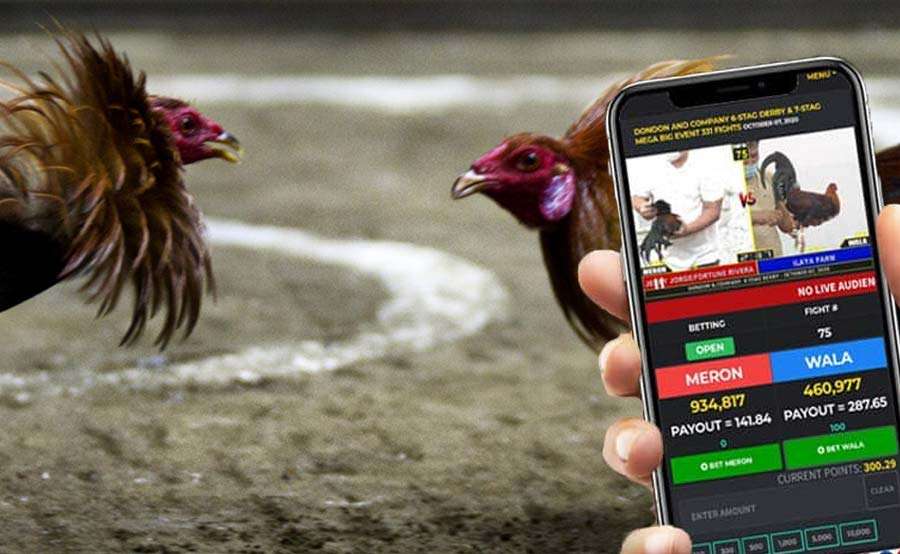The Controversy Surrounding Cockfighting: Illegal or Legal?
The Controversy Surrounding Cockfighting: Illegal or Legal?

Cockfighting, a centuries-old practice in which two roosters are placed in a ring to fight until one is either dead or severely injured, has long been a subject of controversy. While it holds cultural significance in some parts of the world, it has also faced significant opposition due to concerns about animal cruelty. The legality of cockfighting varies widely from one place to another, leading to ongoing debates about its ethical and legal status.
The History of Cockfighting
Cockfighting has a rich history, dating back over two millennia. It has been practiced in various forms across many cultures, with roots in ancient Greece, Rome, and Asia. Throughout history, it has served as a form of entertainment, a means of settling disputes, and a display of wealth and status.
Legal Status Worldwide
The legality of cockfighting varies greatly from country to country and even within different regions of the same country. Here’s an overview of how it is regulated in various parts of the world:
Illegal in Most Developed Countries: In many developed nations, cockfighting is considered illegal and a form of animal cruelty. Countries like the United States, Canada, Australia, and the United Kingdom have banned it entirely, deeming it inhumane and cruel.
Partially Legal in Some Areas: In certain countries and regions, cockfighting is neither entirely legal nor illegal. These places may have varying degrees of regulation, such as specific licensing requirements or restrictions on the type of birds that can be used.
Legal and Regulated in Some Countries: In a handful of countries, including parts of Latin America, the Philippines, and some areas of Southeast Asia, cockfighting is both legal and regulated. In these places, it is often viewed as a cultural tradition and is governed by strict rules to minimize harm to the animals involved.
Undergoing Legal Changes: The legal status of cockfighting can change over time. Some regions that once allowed it have enacted bans in recent years due to increased awareness of animal cruelty issues and changes in public opinion.
Ethical Concerns
Cockfighting is a subject of significant ethical concern. Opponents argue that it involves the deliberate infliction of pain and suffering on animals for human entertainment and financial gain. Roosters used in cockfights are often bred and trained for aggression, leading to lives of stress and violence. The fights themselves can be brutal, with injuries or death common outcomes for the birds involved.
Proponents, on the other hand, often cite cultural significance and economic factors as reasons for continuing the practice. They argue that well-regulated cockfighting can ensure the birds are treated as ethically as possible and can contribute to local economies through tourism and gambling.
Conclusion
The legality of cockfighting remains a complex and contentious issue, with varying perspectives on its cultural significance, economic impact, and ethical implications. While some countries have unequivocally banned it as an act of animal cruelty, others continue to permit it with strict regulations in place. As societal attitudes evolve and awareness of animal welfare grows, the legal status of cockfighting may continue to change in the future. Ultimately, the debate surrounding cockfighting highlights the ongoing struggle to balance cultural traditions with ethical concerns and the protection of animal rights.
- Author
- September 11, 2023
- 8:51 am
- No Comments
